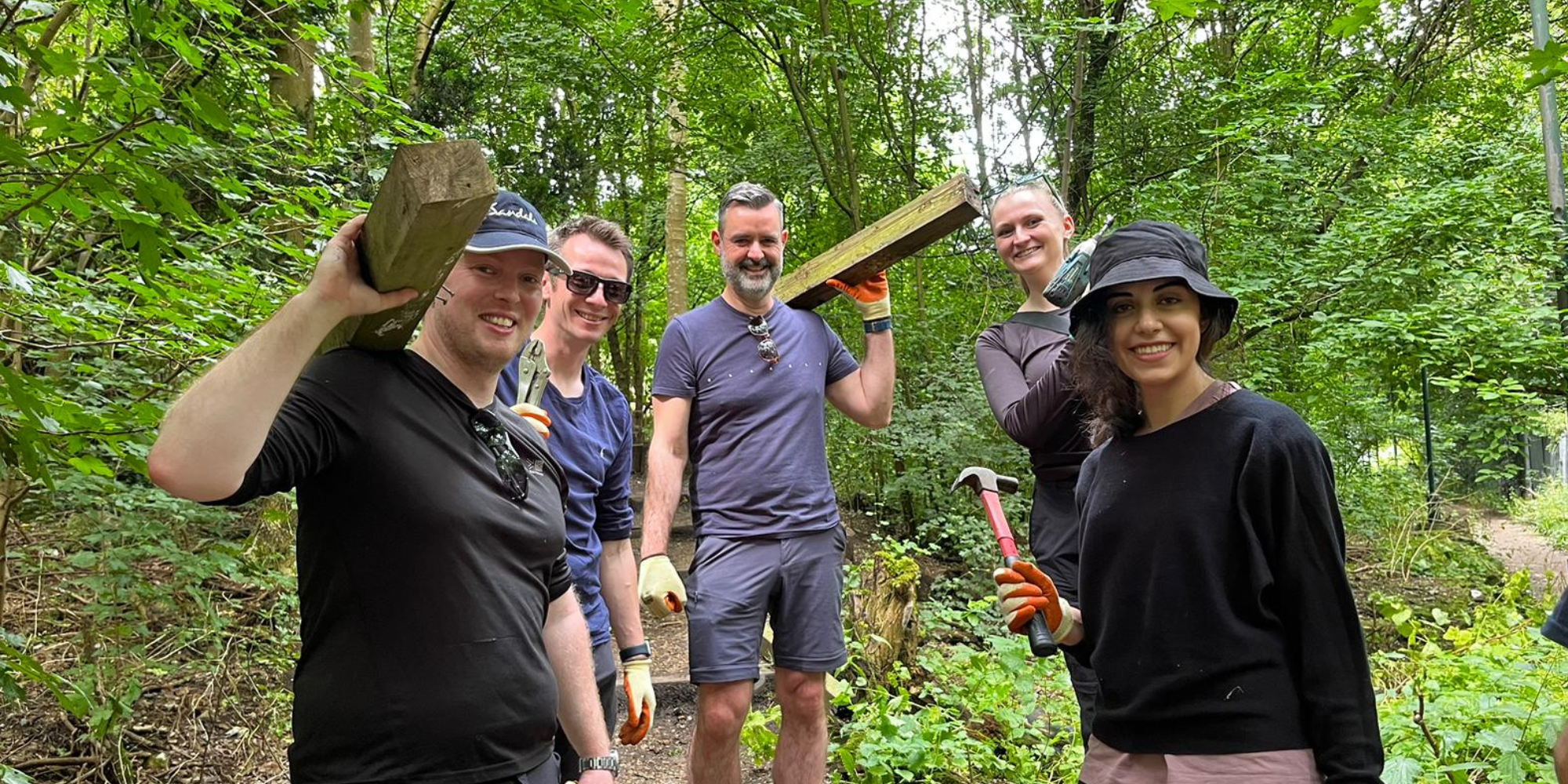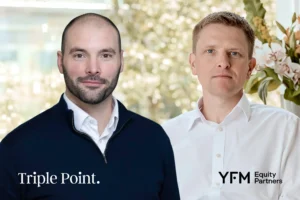The Missing Piece in Leadership Development
When people talk about developing future leaders, training and coaching often take centre stage. They’re important, of course, but there’s another, often overlooked, ingredient that can make all the difference: mentorship.
An experienced mentor doesn’t simply hand over answers. They listen, challenge, and encourage leaders to find their own way. In doing so, they provide the confidence and perspective that helps individuals grow, and, ultimately, drives business success.
Why mentorship matters
Businesses today operate in an environment of constant change. Whether it’s scaling up rapidly, adapting to economic headwinds, or managing evolving investor expectations, leaders are expected to adapt at pace. Training and coaching help, but only up to a point.
Mentorship adds something different: perspective. It comes from someone who has stood in similar shoes, faced similar pressures, and understands the dilemmas of leadership. The best mentors create space for leaders to think, reflect, and test their ideas in confidence. This support is especially valuable for CEOs and founders who are often navigating challenges alone.
At YFM, we see mentorship play a crucial role in long-term growth. Chairs are carefully chosen not only for governance but also for their ability to guide and support. Alongside them, Non-Executive Directors (NEDs) and experienced mentors can provide invaluable insight to less experienced management teams, helping them grow into confident, capable leaders.
Lessons from my own career
I’ve seen first-hand how transformative mentorship can be. Early in my career, I moved from Finance Director to Sales Director at the age of 30. I understood the business inside out, but sales was a new world, and I was suddenly managing a team with far more experience than me. Imposter syndrome hit hard.
I asked for help and was paired with two mentors, an internal mentor (a CEO from another European division) and an external professional mentor. Neither told me exactly what to do. Instead, they asked questions, listened, and shared examples from their own experience. Crucially, they gave me the confidence to trust my judgement.
That experience shaped how I view mentorship today. It isn’t about directing or judging. It’s about giving someone else the space, support, and challenge to find their own path forward.
The challenges facing new leaders
The founders and management teams we back often face similar hurdles. As their businesses grow, they must shift from hands-on management to strategic leadership. Having built their companies from scratch, many suddenly find themselves leading teams of 100 or more, and staying across every detail is no longer possible.
This transition can feel uncomfortable. Letting go of detail, trusting senior colleagues, and focusing on the bigger picture is critical but difficult. It can also feel lonely, especially for first-time CEOs who must balance strategy, investor expectations, and daily pressures without a peer group to lean on.
Mentorship helps bridge this gap. A strong mentor or Chair provides an outside perspective, a sounding board, and the reassurance that it’s okay not to have all the answers. By asking the right questions and challenging assumptions, mentors help leaders step into their strategic roles with confidence.
When that happens, leaders become more resilient, more decisive, and better equipped to scale their businesses sustainably.
What makes mentorship effective
Not every mentor is effective. The qualities that separate the best mentors from the rest are deceptively simple.
Good mentors don’t judge or undermine. They listen carefully, ask thoughtful questions, and use their own experiences to illustrate what’s possible. They maintain confidentiality, which builds the trust needed for leaders to speak openly about challenges they might not share with colleagues or investors.
And because every leader is different, effective mentorship adapts. Some thrive on regular, structured sessions, while others prefer occasional check-ins. The common factor is that the relationship creates time and space for reflection and learning.
Mentorship as part of business culture
When organisations foster transparency and openness, mentorship tends to happen naturally. For example, within YFM, junior members of the investment team often sit in on Investment Committee meetings. The experience is not only educational, it creates opportunities for mentoring through real dialogue and observation.
This philosophy extends to our portfolio companies. Chairs are selected with mentoring ability in mind, and we regularly assess whether they’re providing the right level of support. If they’re not, we make changes. We know that leadership growth directly drives business performance.
One of our portfolio businesses faced challenges when early senior hires didn’t work out. Rather than continuing to recruit externally, the CEO promoted from within, elevating two Individuals. To support them, we introduced two experienced NEDs to act as a mentors. Two years on, both leaders and the business are thriving, proving that with the right guidance, internal talent can grow into senior roles and deliver outstanding results.
Looking forward
Mentorship has always mattered. Leaders who navigated the financial crisis are now guiding younger entrepreneurs through the aftermath of Covid-19 and today’s economic uncertainty. Each generation benefits from the hard-earned experience of the one before.
What’s changed is context. With AI and digital tools making knowledge more accessible than ever, the value of mentorship lies not in information but in wisdom, the ability to listen, question, and offer perspective based on lived experience. That’s something no algorithm can provide.
For those considering becoming mentors, I can only recommend it. I mentor a handful of former colleagues, and it’s one of the most rewarding things I do. It doesn’t always need to be formal. Sometimes it’s a coffee, sometimes a phone call. But watching someone grow in confidence and succeed because of your support is incredibly satisfying.
Mentorship in action
It’s not just theory, we see the impact of mentorship across our portfolio.
Chris Waller, CTO at Fleetclear, summed it up perfectly:
“Having a mentor has been game-changing for me, and the most important factor has been having someone I genuinely trust and respect. I wouldn’t be where I am today without that support, and I’ll always be grateful for it, and to the network around me that made it possible.”
This captures what makes mentorship so powerful: trust, respect, and the confidence to grow with the right support.
Final Word
At YFM, we often say that we don’t just invest in businesses, we invest in people. Stories like Chris’s show why mentorship is such an important part of that philosophy. It helps leaders grow, enables businesses to scale, and creates better outcomes for employees, customers, and investors alike.
For founders and CEOs, mentorship may be the hidden driver of growth. For those with experience to share, it’s a chance to give back. And for businesses, it’s one of the smartest investments they can make.















